The use of fit-for-purpose technology for land surveying in Laos People’s Democratic Republic has demonstrated the potential to put smallholder farmers’ land rights on the map. These are sentiments echoed during the workshop held on 24-27 June 2020 in Vangvieng district in Vientiane Province. A total of 55 participants from national, provincial and district departments in the Ministry of Environment and Natural Resources attended the workshop including several representatives from Civil Society organizations. Mr. Kitlasay, Deputy Director in the Department of Lands (DoL) recognized and expressed support for the pilot project and said it had the potential to be rolled out nationally as part of the government’s efforts to register 3 million parcels by 2025.
The Department of Lands has demonstrated support for this project by committing to dispatch central-level officials to the districts to address issues of capacity and use of technology especially the use of Social Tenure Domain Model (STDM) in establishing local land information systems at the district level. Participatory enumeration and fit-for-purpose tools are being used to demarcate land parcels to speed up land registration process and improve documentation of customary land tenure for rural households in the provinces of Xieng khouang and Luang Prabang. The government officials present at the workshop saw the project as the first one to clearly demonstrate a simple, practical, effective and affordable way to achieve land tenure security for the rural farmers living in the upland and mountain areas.
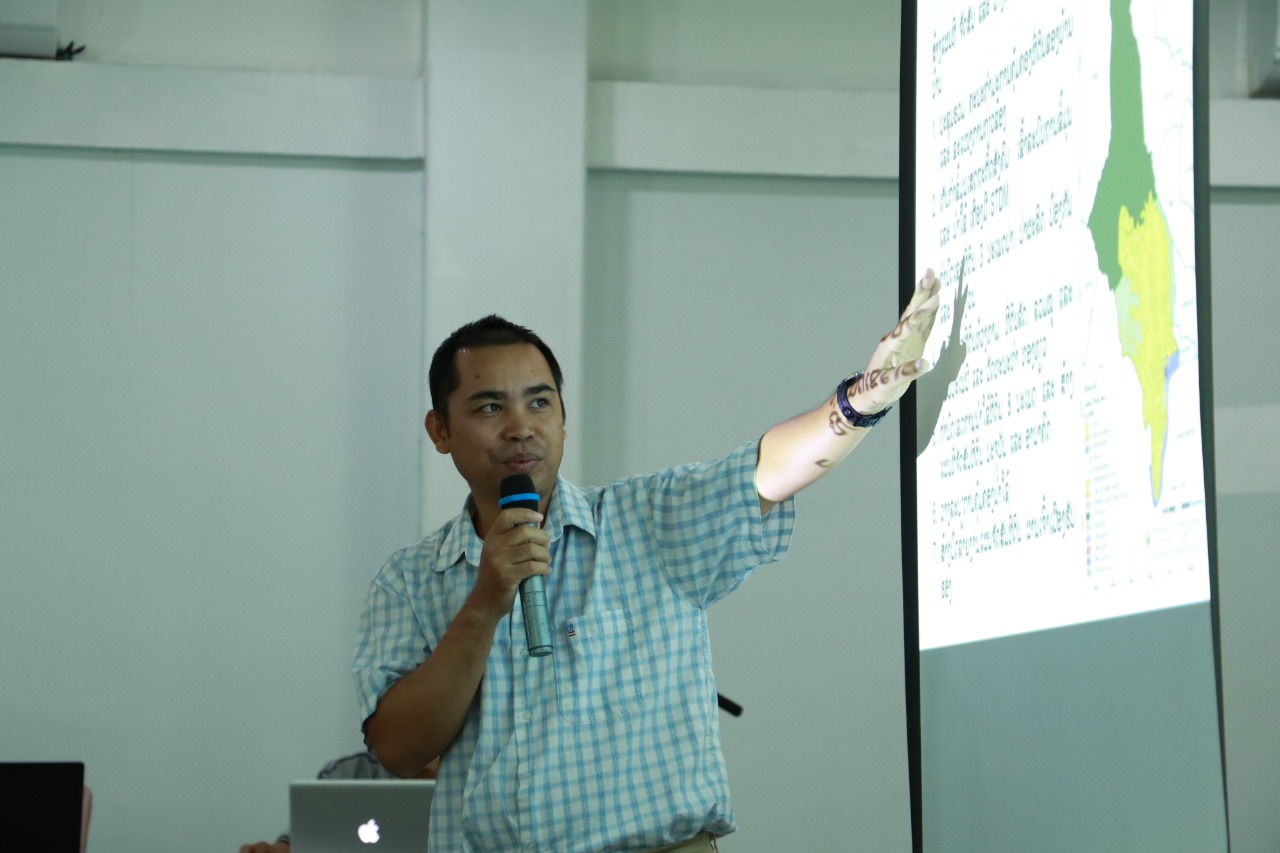
UN-Habitat has been championing the use of participatory enumeration and fit-for-purpose gender responsive tools for land demarcation in rural customary areas in Laos PDR. The activities are part of the Secure Access to Land and Resources (SALaR) project being implemented by the Global Land Tool Network and funded the Federal Ministry of Economic Cooperation and Development (BMZ). Fallow land and shifting cultivation practiced in rural mountainous regions could not be formally registered and the existing laws do not recognize these agricultural practices. As a result of 70% of the population living in rural areas and without access to secure land tenure, growth and investment is not achievable. The experiences from the UN-Habitat project will be useful in the implementation of the new land policy passed in 2019 that is largely progressive and recognizes customary land tenure and women’s access to land.
Village Focus International (VFI), an NGO based in Laos is the implementing partner of UN-Habitat in this project. Going forward, DoL and VFI among other CSOs will develop guidelines for customary land registration based on the experiences of the project including use of high resolution imagery, drones, STDM, handheld GPS and participatory mapping. The guidelines will complement the statutory land registration procedures and will be integrated with the national land registration system Lao LandReg.


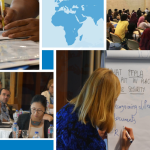
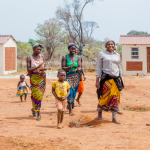
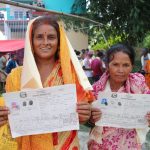
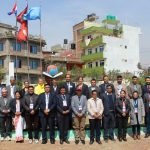
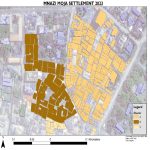

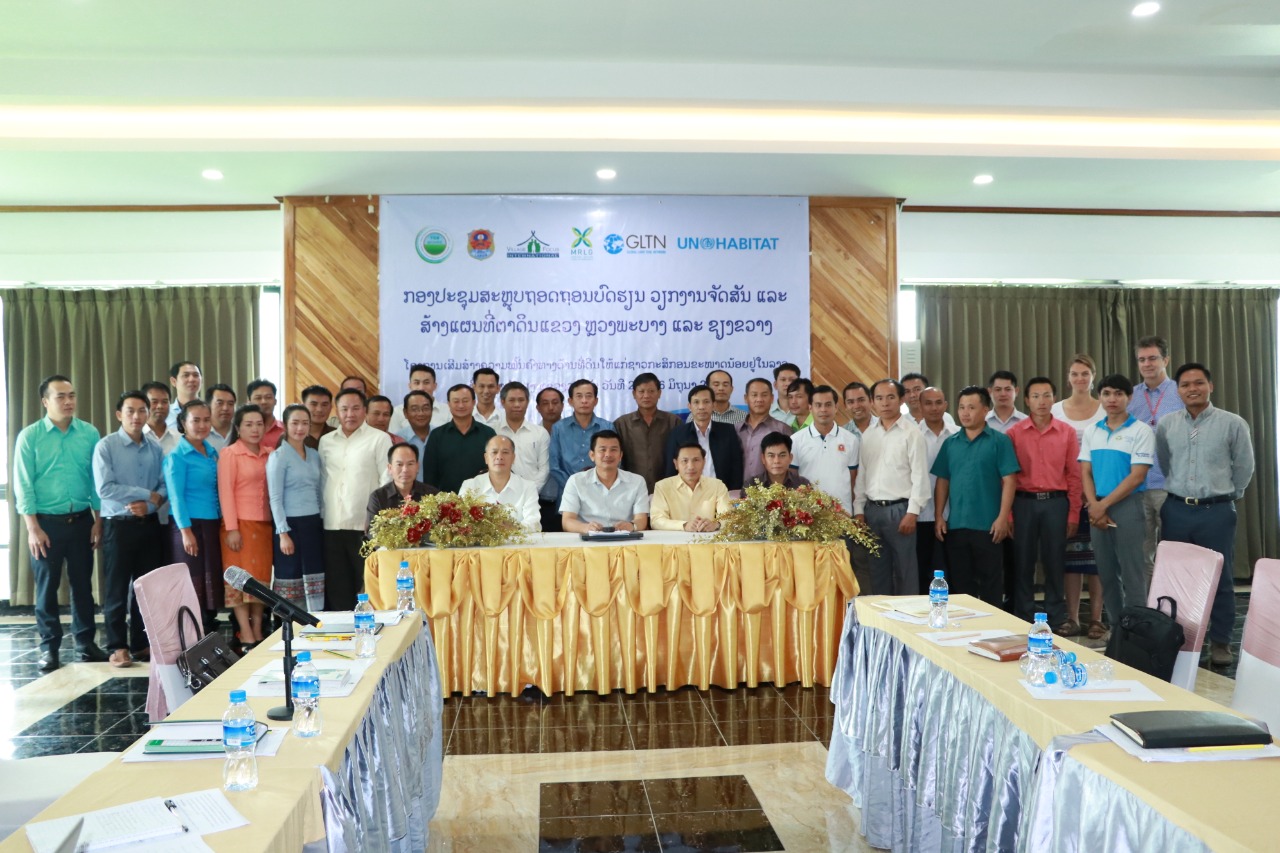
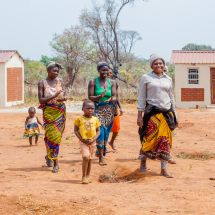
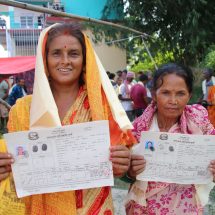
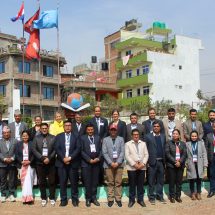
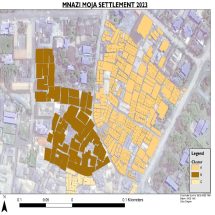
Very practical and affordable approaches to formalize and secure customary land rights. Fit- for – purpose technologies and approaches is the correct path way in developing countries
Las tendencias a la tierra en las zonas rurales, cuando se observa un crecimiento insostenible del Agricultor rural por falta de las autoridades que no ayudan a una horientación fijando siempre un crecimiento sostenible que recaé en la niñez y la juventud. Y una mejor garantía en la mujer. Gracias